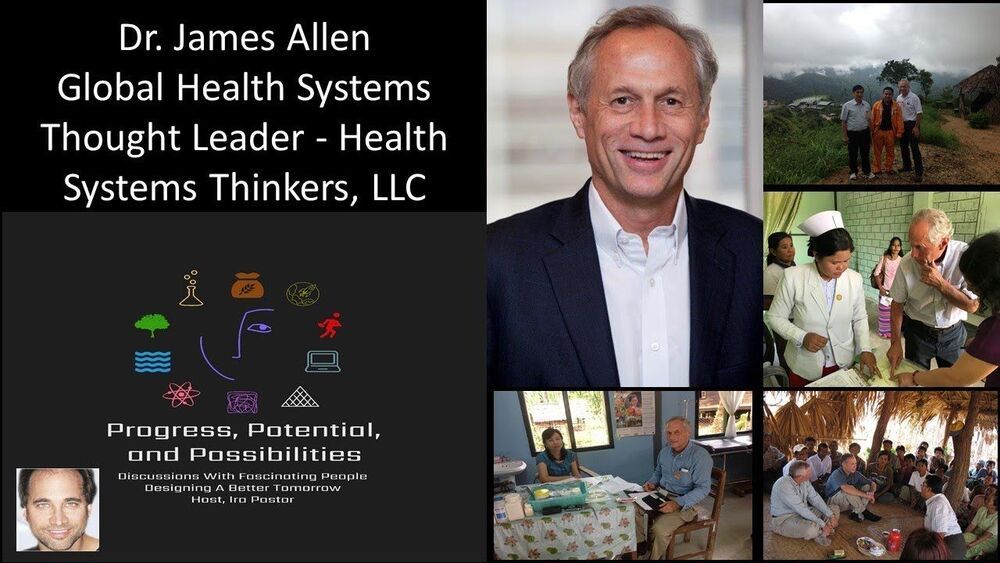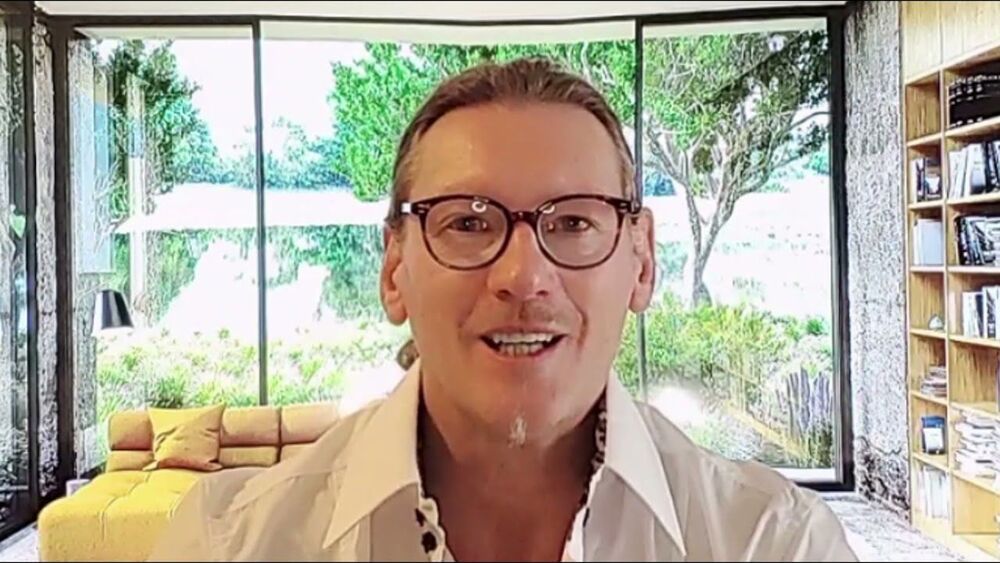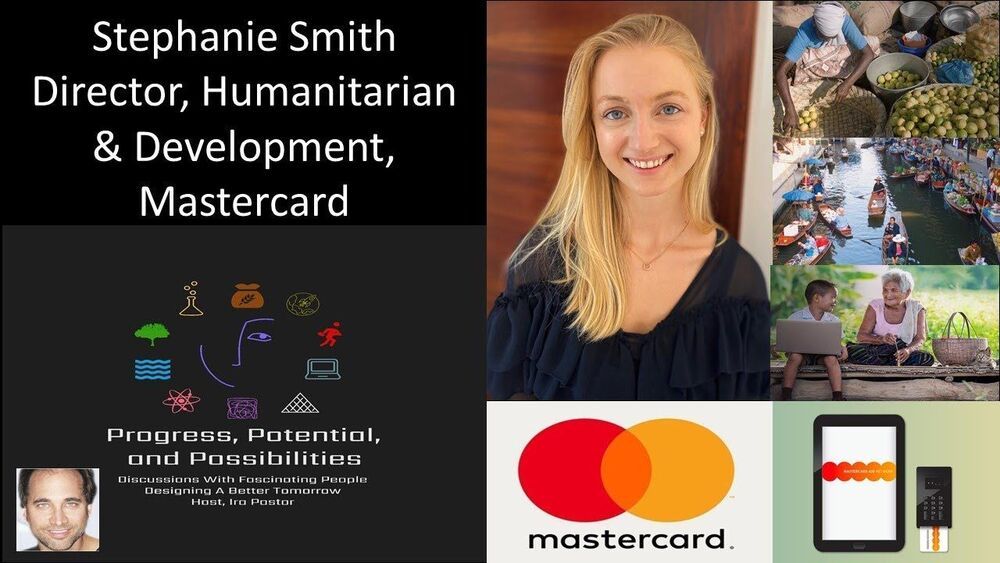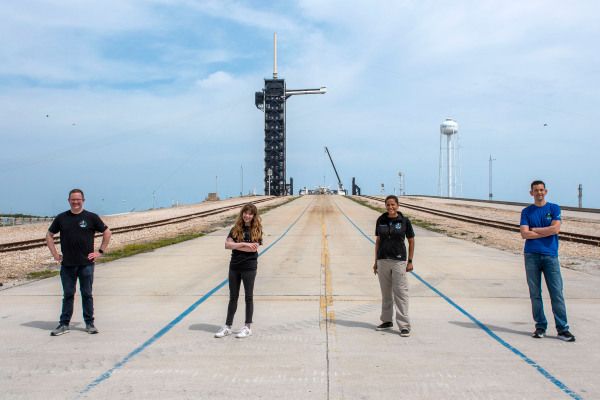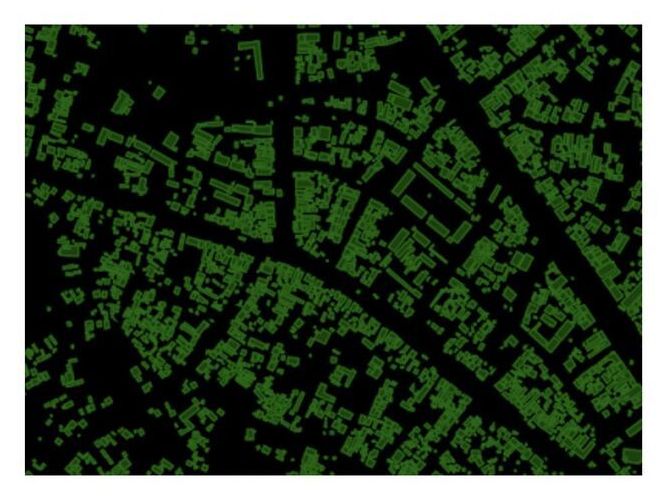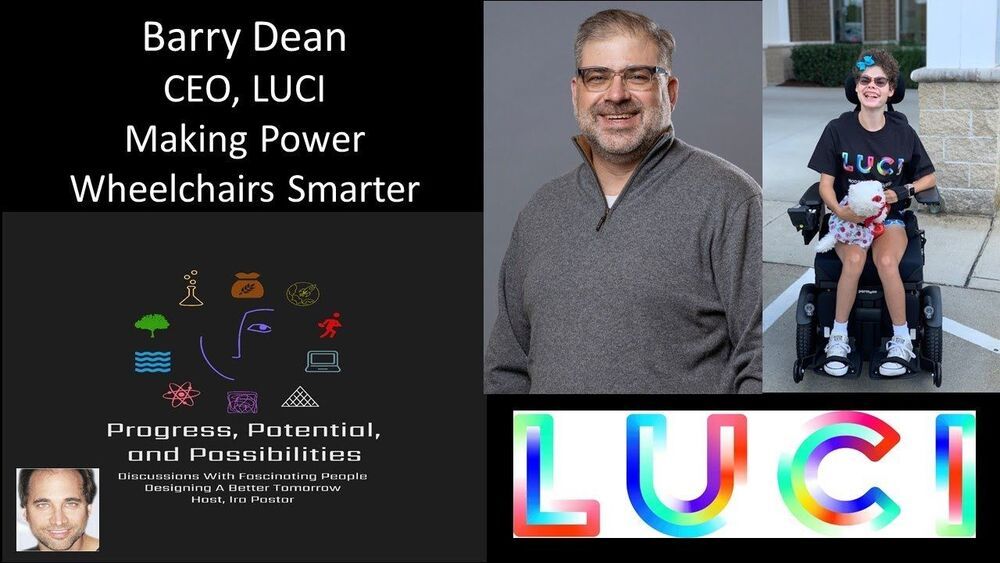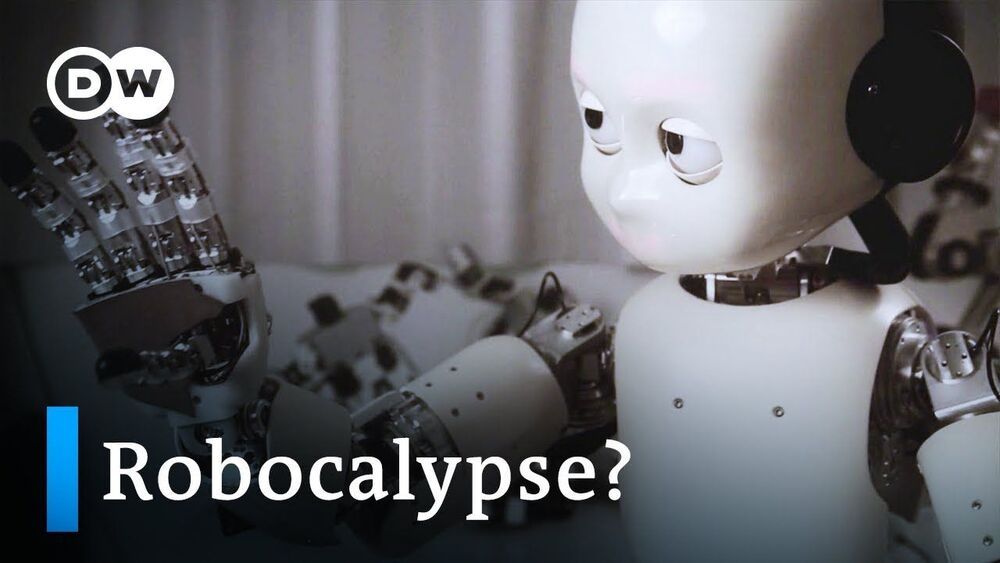International Health Management, Across 17 Countries, 60 Clinics, and 350 Staff — Dr. James Allen, Health Systems Thinkers, LLC.
Dr. James Allen is a primary care internal medicine specialist who developed a fascinating career in international health management and leadership.
Dr. Allen served in the U.S. public health service before moving to Indonesian Borneo in 1994. For the next 22 years he worked in community and occupational health across Asia, managing health teams in 14 countries. As Chevron’s Asia Pacific medical director, he led projects for TB control in Myanmar, primary care in the Philippines, Indonesia, Vietnam, and Bangladesh; and emergency medicine in Azerbaijan and rural China.
After moving to California headquarters in late 2015, Dr. Allen created a global strategy on corporate responsibility for health, establishing a data-based approach in alignment with the Institute for Health Metrics and Evaluation of Seattle. As Chevron’s senior consulting health scientist, he advised social investment teams in Australasia, Central Europe, Latin America, North America, and West Africa. Dr. Allen completed his career at Chevron in 2021 by leading the implementation of Covid-19 management practices for a consortium of oil and gas companies in Angola.
In 2012, Dr. Allen became an adjunct faculty member for the Levinson Institute’s Strategic Leadership for Healthcare Executives, previously affiliated with Harvard Medical School, and now with Pariveda Solutions and Rice University. His education includes a BA from Antioch College, MS from Rensselaer Polytechnic Institute, and his medical degree from Kirksville, MO. He is certified in internal medicine by the American Board of Internal Medicine, and has completed graduate studies in public health, occupational medicine, tropical medicine, toxicology, and healthcare finance and systems management from various institutions – Cornell, the Medical College of Wisconsin, NY Medical College and Singapore Management Institute.
Dr. Allen serves on the Global Advisory Board for the Texas Children’s Hospital HOPE project (Hematology and Oncology Pediatric Excellence), to improve cancer care for children across sub-Saharan Africa. His most recent endeavor is a start-up organization to help corporations and private donors effectively invest in community health in low-resource settings, called Health Systems Thinkers, LLC.
